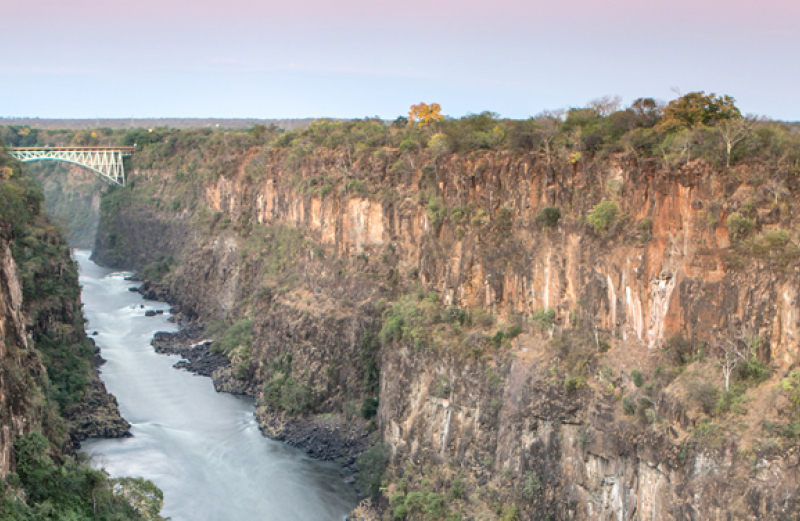
MTHANDAZO NYONI A CONSORTORTIUM that clinched a deal to construct Batoka Gorge Hydro Electric Scheme (BGHES) is struggling to mobilise funding, putting the project in jeopardy.
The multi-billion dollar power plant to be constructed on the Zambezi — which flows through Zimbabwe and Zambia — has been on the cards since 1972.
On completion, the 2 400 megawatt (MW) power plant is expected to ameliorate power shortages affecting the two countries.
There had been renewed impetus in the past decade to see the project through, but according to the Zambezi River Authority (ZRA) progress was stalled by funding problems. ZRA is a special agency controlled by both Harare and Lusaka to manage the Zambezi River.
In its 2021 annual report obtained by businessdigest this week, ZRA said the Consortium of Power Construction Corporation of China Limited and General Electric had indicated that banks have steered clear of the massive asset to avoid plugging into risks.
ZRA said the consortium had requested credit enhancement support from the two countries.
“The developer (the Consortium of Power Construction Corporation of China Limited and General Electric) completed all pre-development activities which included additional geo-technical studies, aerial surveys on and around the project site, compilation and submission of feasibility studies and proposal,” ZRA said.
“In the proposal, the developer requested credit enhancement support having faced challenges in mobilising funds from potential financiers due to the sovereign defaults of the contracting states.
- Chamisa under fire over US$120K donation
- Mavhunga puts DeMbare into Chibuku quarterfinals
- Pension funds bet on Cabora Bassa oilfields
- Councils defy govt fire tender directive
Keep Reading
“In addition, the developer sought tax incentives from the contracting states; 100% power off take by (power) utilities (Zesa in Zimbabwe and Zesco in Zambia) and a project investment cost of US$4,9 billion resulting in tariffs of 8,4181USc (US cents) per kWh (kilowatt hour) and 8,0862 USc per kWh in Zambia and Zimbabwe, respectively,” ZRA noted.
It said engagements were continuing with Harare and Lusaka “to ensure the success of execution of this project”.
In March, Zesa Holdings executive chairperson Sydney Gata said several missteps had held back the project, which marked its first 50 years since it was mooted in 1972.
Batoka returned to Zimbabwe and Zambia priority lists in 2014, after previously being affected by political instability and funding problems. Regarded as one of the finest power sector brains, Gata told the International Renewable Energy Conference that the latest problem was lack of a bankable feasibility study.
“A risk profile shows the structure of your project and the risk that it is carrying,” Gata told delegates at the conference.
“Now, a typical IPP (independent power project) goes through these phases. If you miss them you get nowhere. Unfortunately, between Zimbabwe and Zambia we missed a fundamental step and for many years now we are rotating around that challenge.
“A new start came when there was new collaboration. Batoka has unfortunately proceeded without a full feasibility study. It was never put under review of a complete risk matrix,” he added.
Generally, accessing funding for big projects becomes problematic without feasibility studies.










